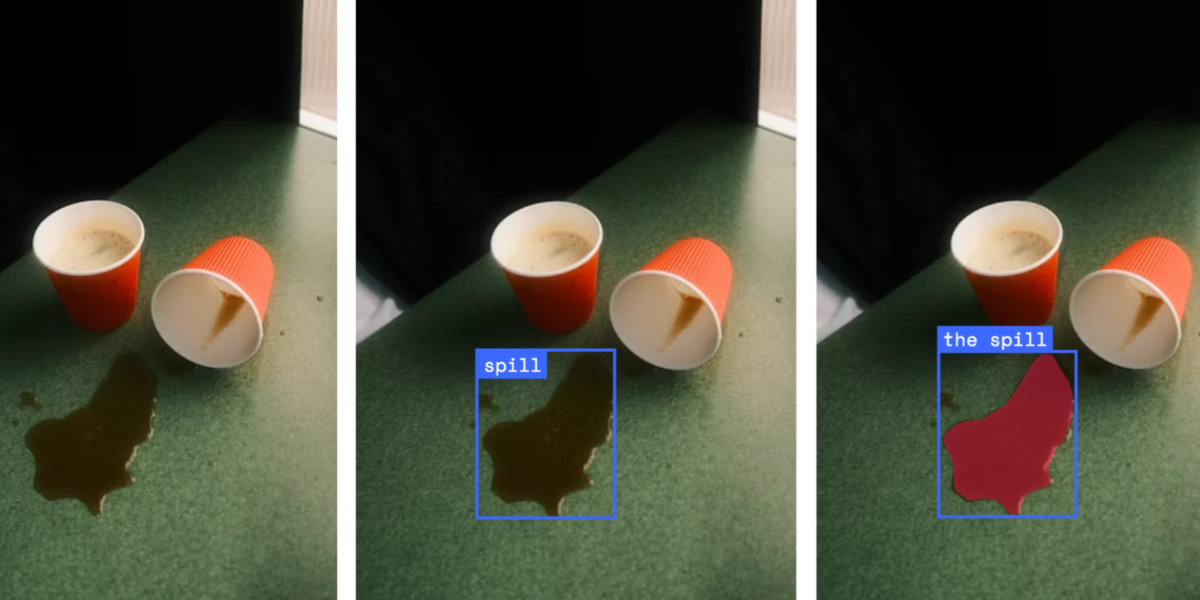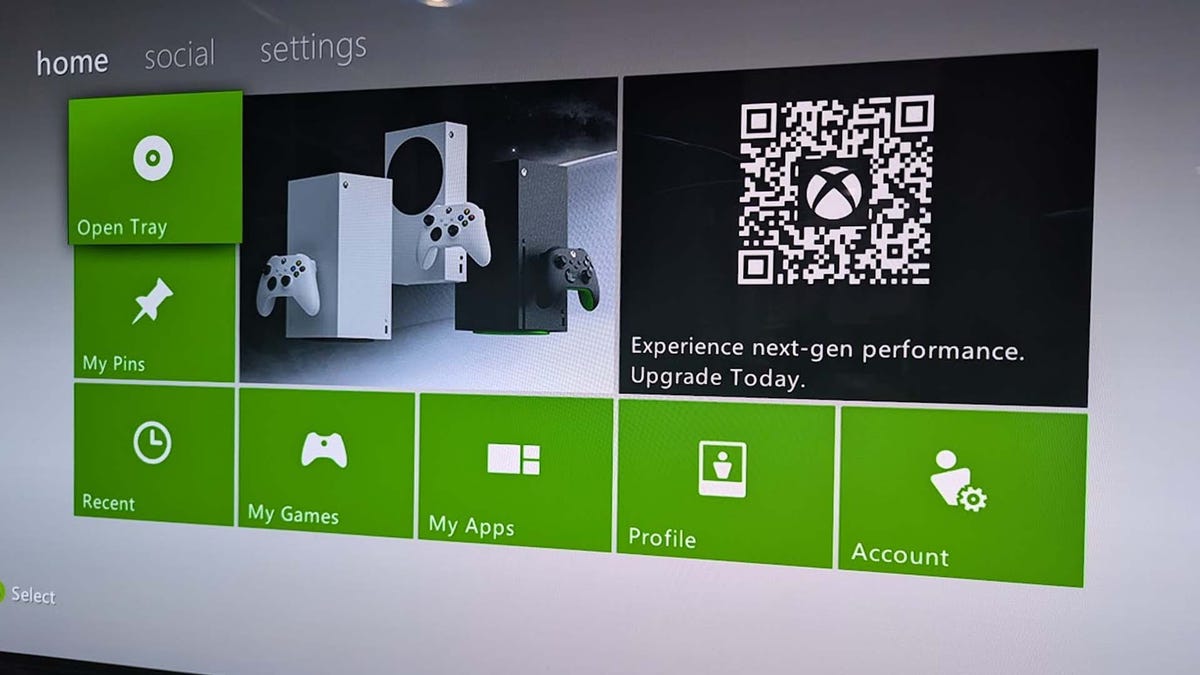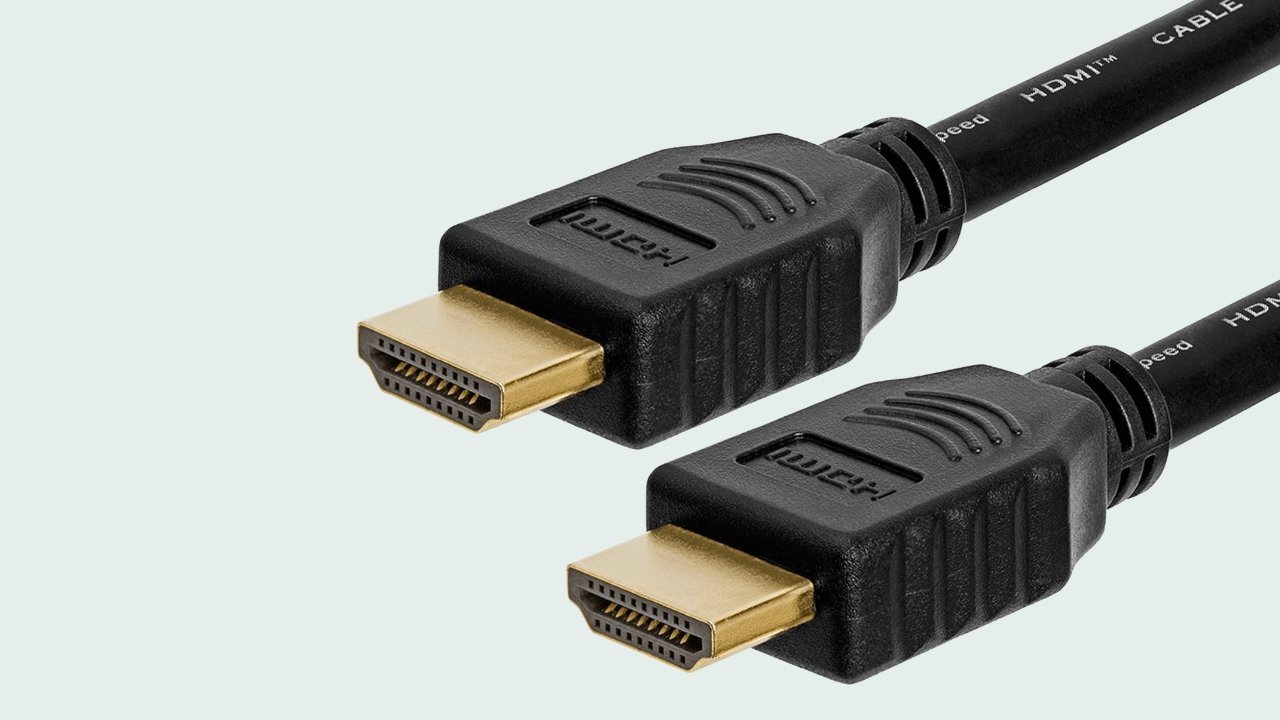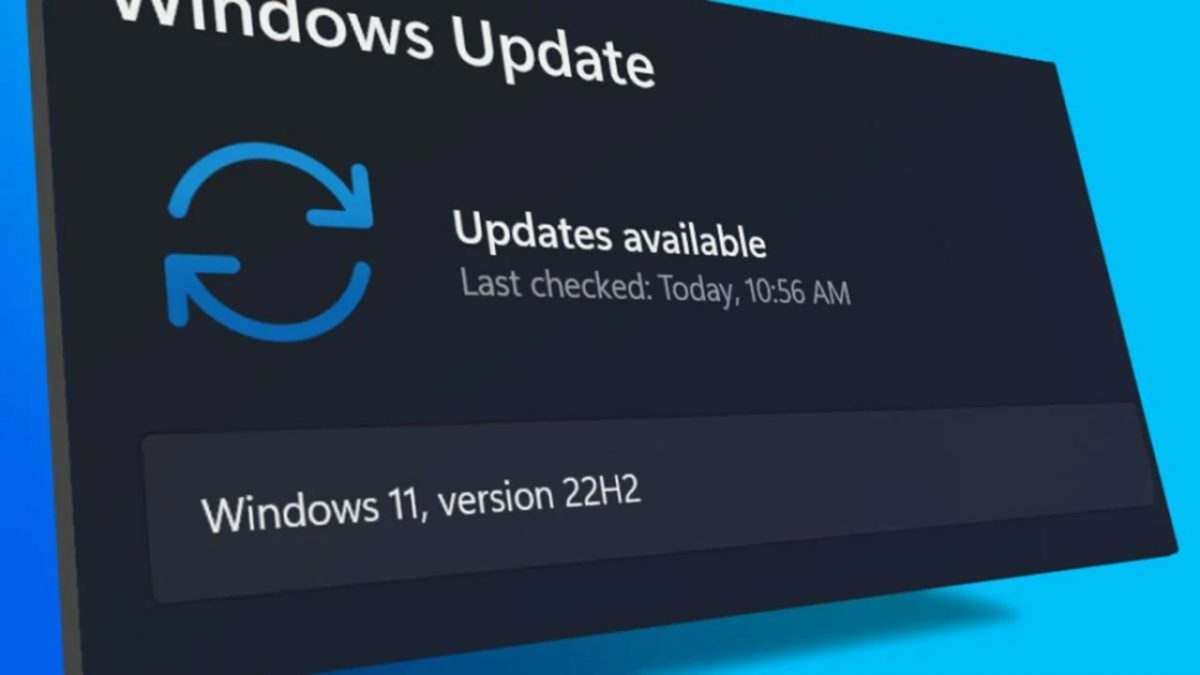Realtek Vulnerability Let Attackers Trigger DoS Attack via Bluetooth Secure Connections Pairing Process
A significant security vulnerability has been identified in Realtek’s RTL8762E SDK v1.4.0 that allows attackers to exploit the Bluetooth Low Energy (BLE) Secure Connections pairing process to launch denial-of-service attacks. The vulnerability, discovered in the RTL8762EKF-EVB development platform, stems from improper validation of protocol state transitions during the pairing sequence. The flaw enables malicious actors […] The post Realtek Vulnerability Let Attackers Trigger DoS Attack via Bluetooth Secure Connections Pairing Process appeared first on Cyber Security News.

A significant security vulnerability has been identified in Realtek’s RTL8762E SDK v1.4.0 that allows attackers to exploit the Bluetooth Low Energy (BLE) Secure Connections pairing process to launch denial-of-service attacks.
The vulnerability, discovered in the RTL8762EKF-EVB development platform, stems from improper validation of protocol state transitions during the pairing sequence.
The flaw enables malicious actors to disrupt secure connections through carefully crafted packet injection attacks that require no special privileges or authentication.
Summary
1. Realtek RTL8762E SDK v1.4.0 contains a critical vulnerability allowing denial-of-service attacks via improper Bluetooth pairing sequence validation.
2. Attackers can inject premature Pairing Random packets to disrupt BLE connections.
3. Exploitation causes pairing failures and blocks secure BLE connections.
4. Fix requires enforcing proper message sequencing in the BLE stack.Realtek Bluetooth Pairing Protocol Flaw
According to Yang Ting, the vulnerability exploits a fundamental flaw in the BLE stack’s implementation of the Secure Connections pairing protocol.
According to the Bluetooth Core Specification v5.3, the pairing process requires strict message ordering where the Pairing Random message must only be sent after successful exchange of Pairing Public Keys.
However, the affected Realtek SDK fails to enforce this critical sequencing requirement.
The root cause lies in insufficient state validation within the Security Manager Protocol (SMP) layer.
The BLE stack processes incoming Pairing Random packets without verifying that the public key exchange phase has been completed, violating the expected state machine transitions defined in the Bluetooth specification.
This implementation oversight allows the device to accept premature Pairing Random packets, triggering undefined internal states that compromise the pairing process integrity.
The vulnerability specifically affects the RTL8762EKF-EVB device running on Realtek’s RTL8762E SDK v1.4.0, with the flaw residing in the BLE Secure Connections pairing logic component.
Technical analysis reveals that the state machine violation occurs when the device incorrectly processes the premature packet, leading to protocol inconsistencies that prevent successful authentication and connection establishment.
The proof-of-concept attack sequence demonstrates the simplicity of exploitation: attackers establish initial BLE communication with the RTL8762EKF-EVB device, bypass the proper protocol flow by sending crafted Pairing Random data prematurely, and successfully trigger the state machine error that aborts the pairing process.
The attack script pairing_random_before_pairing_public_key.py provides implementation details for reproducing this vulnerability.
Remediation Strategies
The discovered vulnerability represents a significant security concern for embedded systems utilizing Realtek’s BLE implementation, as it requires no special privileges or sophisticated attack tools.
Recommended remediation involves implementing comprehensive state validation within the SMP layer to ensure strict adherence to protocol specifications.
Developers should modify the BLE stack to discard any messages received out of sequence according to the SMP state machine requirements, specifically ensuring Pairing Random packets are only accepted after both sides have successfully exchanged Pairing Public Keys.
Organizations using affected Realtek SDK versions should prioritize updating to patched firmware versions and consider implementing network-level monitoring to detect potential exploitation attempts targeting their BLE infrastructure.
Investigate live malware behavior, trace every step of an attack, and make faster, smarter security decisions -> Try ANY.RUN now
The post Realtek Vulnerability Let Attackers Trigger DoS Attack via Bluetooth Secure Connections Pairing Process appeared first on Cyber Security News.












































































































































































![[The AI Show Episode 156]: AI Answers - Data Privacy, AI Roadmaps, Regulated Industries, Selling AI to the C-Suite & Change Management](https://www.marketingaiinstitute.com/hubfs/ep%20156%20cover.png)
![[The AI Show Episode 155]: The New Jobs AI Will Create, Amazon CEO: AI Will Cut Jobs, Your Brain on ChatGPT, Possible OpenAI-Microsoft Breakup & Veo 3 IP Issues](https://www.marketingaiinstitute.com/hubfs/ep%20155%20cover.png)
























































































































![[DEALS] 1min.AI: Lifetime Subscription (82% off) & Other Deals Up To 98% Off – Offers End Soon!](https://www.javacodegeeks.com/wp-content/uploads/2012/12/jcg-logo.jpg)





























































































































































































































































![Mercedes, Audi, Volvo Reject Apple's New CarPlay Ultra [Report]](https://www.iclarified.com/images/news/97711/97711/97711-640.jpg)




































































